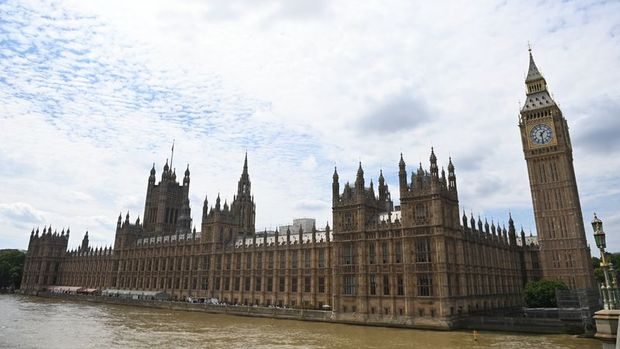UK economy faces rising risk of recession
According to economists, the recent data releases and weakening leading sector indicators in the UK have increased concerns that the country's economy will enter a recession. In a statement from Nationwide, it was stated that housing prices fell by 3.8 percent in July, the sharpest decline in the last 14 years. In an assessment by the international credit rating agency Standard & Poor's regarding the decline in the country's manufacturing industry Purchasing Managers' Index (PMI) from 46.5 the previous month to 45.3 in July, it was stated that "the decline of the UK manufacturing industry took a bad turn in July, with the contraction in production output, employment and new orders accelerating." Speaking to BBC Radio 4 about the outlook for the British economy, Alianz Chief Economist Mohamed El-Erian said that the public was feeling the pain of rising housing loans and companies were feeling the pain of high borrowing costs, and that global activity was not helping either. El-Erian said, “Yes, we really do risk entering a recession.” “The economy may enter a recession by the end of the year or early next year” RSM UK economist Thomas Pugh predicted in a press briefing that the British economy may enter a recession at the beginning of next year, stating that the real economy is negatively affected by high policy interest rates. Capital Economics Chief Economist Paul Dales also shared an information note on the subject. Dales stated that despite the deceleration of inflation, he expects a 50 basis point increase in the Bank of England (BoE) policy rate. Emphasizing that the wages of employees in the country remain below the high inflation level, Dales predicted that core inflation will not be reduced to the 2 percent target until the end of 2024. Stating that there is a possibility that interest rates in the UK will remain at their peak level until the second half of next year, Dales stated that the country’s economy is expected to enter a recession at the end of this year or early next year. “Lack of strategy has hit British factories the hardest” In a statement made by the British Retail Association (Make UK), Senior Economist Fhaheen Khan argued that the lack of industrial strategy in the country has hit British factories the hardest. Khan made the following assessment, “Today’s manufacturing PMI data shows that the economy is sliding towards anemic growth and the industry is now at risk of facing a recession.” In a statement made by S&P Global/CIPS, it was stated that the manufacturing PMI data in the country fell to 45.3, hitting its lowest level since May 2020. After inflation remained sticky at 8.7 percent in May, the BoE increased its policy rate by 50 basis points from 4.50 percent to 5 percent. Markets are predicting that the Bank of England will raise its policy rate from 5 percent to 5.25 percent, the highest level in 15 years, at its meeting on Thursday.


